- Over the past five years, nearly 200 small sawmills have closed, and four industrial plants shut down in the last two years, along with 20 contractor companies.
Wildfires have worsened the severe shortage of raw materials faced by the country's small and medium-sized timber businesses—a crisis that will intensify in the coming years, industry associations warn, due to shrinking plantations.
The Chilean Wood Corporation (Corma) estimates that forest plantations in the country have decreased by 14% over a decade, with small and medium-sized enterprises (SMEs) bearing the brunt—320,000 hectares lost in ten years.
In this context, reforestation has dropped by 27% and new afforestation by 99% over the same period.
As a result, nearly 200 small sawmills closed in the last five years, four industrial plants in the past two years, and 20 contractor companies. This has eliminated 36,000 direct and indirect jobs over a decade.
The industry also warned that reduced plantations undermine carbon neutrality goals, worsen soil erosion, disrupt water cycles in degraded areas, and diminish ecosystem services.
According to Infor statistics (using Conaf data), Ñuble has 286,536 hectares of forest plantations. While 18,398 hectares were reforested in 2019, this dropped to 7,776 ha in 2020, 6,590 ha in 2021, and saw a slight rebound to 8,065 ha in 2022. New afforestation, however, remains at zero.
Pymemad, the timber SME association, reports (via Infor) that Ñuble’s radiata pine plantations cover 184,422 hectares—14% of the national total. Large firms (owning 30,000+ ha) hold 67.1%; medium firms (5,000+ ha) 7.7%; mid-sized owners (200+ ha) 8.4%; and small owners (<200 ha) 16.7%.
This highlights SMEs’ key challenge: raw material access. While large firms have sufficient forest assets (short-term), sawmills must buy from small/medium owners and large companies, explained Pymemad’s president, Michel Esquerré.
Crisis Factors
The primary cause is zero afforestation in the region and country since 2012, when DL 701—a 40-year forestry subsidy—expired.
Thus, only reforestation continues, but at historically low rates.
Wildfires have exacerbated the problem by drastically reducing forest availability. The 2022-23 season burned 222,987 hectares nationwide, including 34,808 in Ñuble.
Pymemad’s Esquerré noted that while the sector raised alarms for a decade, “the crisis is now discussed because it’s hitting large companies. When SMEs suffered, no one listened.”
He recalled recent closures: a Bulnes sawmill (110 jobs lost), reduced shifts, and fire-damaged Coelemu mills. “The sector is systematically degrading—wildfires accelerated its decline.”
Solutions
Esquerré stressed: “The solution lies in supporting small/medium owners’ plantations. For every 1 million pesos invested by the state (plus financing costs over 15 years), the government recoups the cost via VAT alone. Adding income tax and harvest/transport VAT, the state more than doubles its investment. Direct funding for these owners is the starting point.”
“Second, large companies must cooperate. SMEs can’t replant alone—if fires destroy their land at year 10, they lose everything. Fear of fires, lack of insurance, and state inaction deter investment. Large firms’ role in SME supply chains is vital.”
Large firms’ log supply to SMEs fell from 24.1% (2015) to 8.5% (2022), with 73% now sourced from third-party small/medium owners.
Post-DL 701, legislative efforts to revive afforestation (targeting small/medium owners) failed due to political opposition.
Esquerré blamed “a demonized, ideological discourse against forestry—a sector key to decarbonization. Chile won’t meet its climate goals without plantations.”
“They falsely labeled pine and eucalyptus as ‘bad trees.’ It’s like calling corn ‘bad’ for being exotic. People bought this lie.”
Ñuble’s crisis mirrors other regions. Industry groups under *Futuro Madera* (formed two years ago) are coordinating to address violence, land invasions, theft, fires, and recovery challenges.
Expanding Land
Corma’s Alejandro Casagrande urged recovery: “Forestry must grow to ensure supply for exports and domestic markets.”
“We’ve lost 35,000 jobs and 200 sawmills. Chile loses 35,000 ha of productive forest yearly—far from its 20,000-ha carbon-neutrality target.”
“Small/medium owners must resume planting—critical for fire recovery and erosion-prone lands now idle.”
“More forests are needed globally and in Chile for social, environmental, and economic benefits. Public policies must prioritize small/medium owners.”
New Support Law
Agriculture Minister Esteban Valenzuela cited actions: doubled Conaf funding ($150M), soil rehab programs for fire-hit regions, and Pymemad’s 500-million-peso reforestation aid.
“The Fire Law includes agroforestry incentives (mixing forests with crops/fruits). From June, we’ll draft a new support law and urge large firms to offer long-term contracts.”
With the Economy Ministry, Corfo, and Fundación Chile, “we’re advancing credit securitization and sustainable forest projects. Climate laws ban monoculture subsidies—resilient models require 70% mixed species, 30% native, firebreaks, and protected wetlands.”
Source:ladiscusion.cl


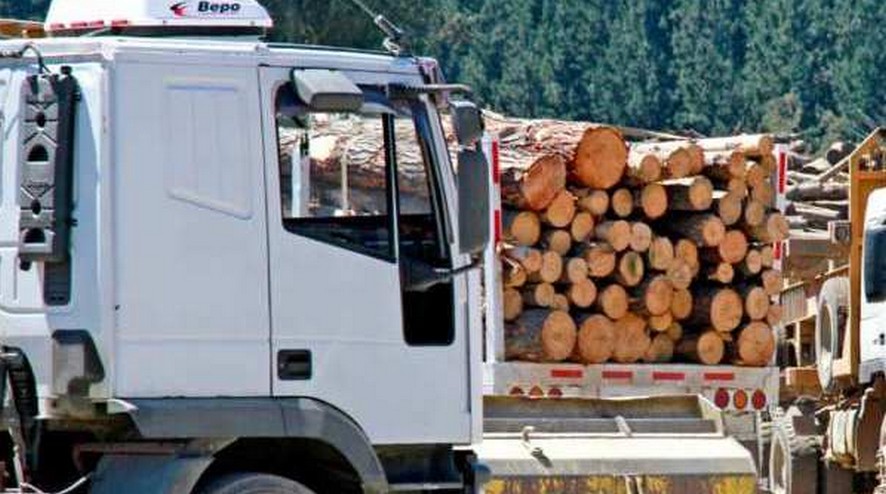
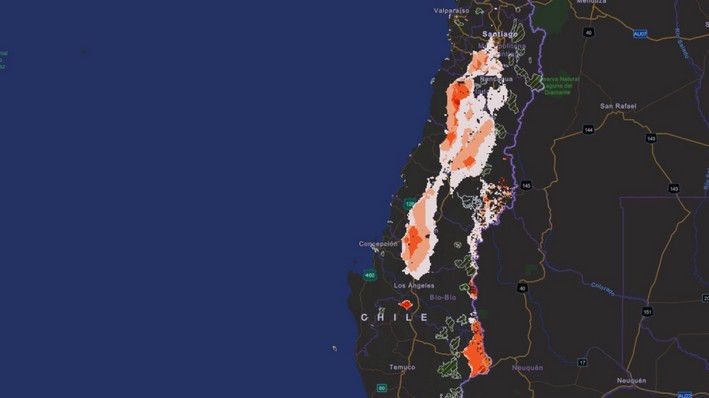
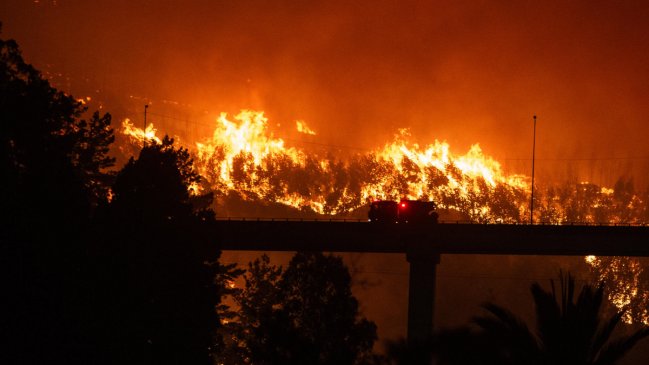
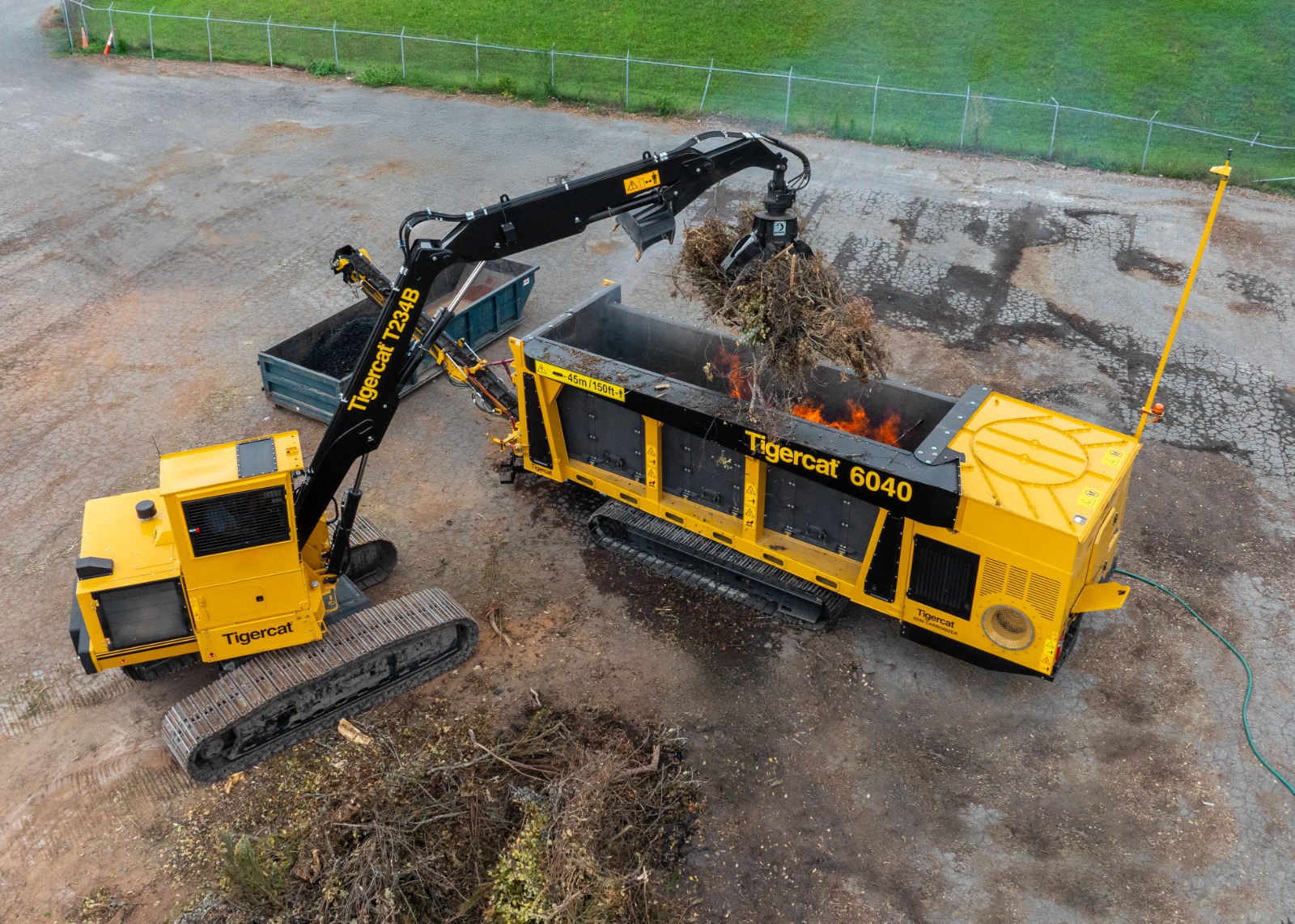
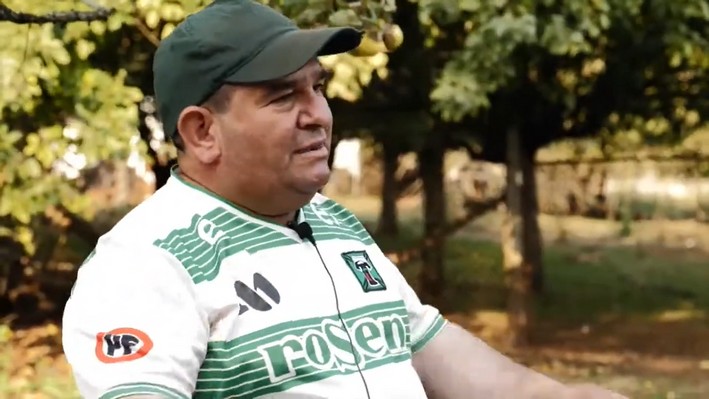
Comments (0)
No comments yet. Be the first to comment!
Leave a comment